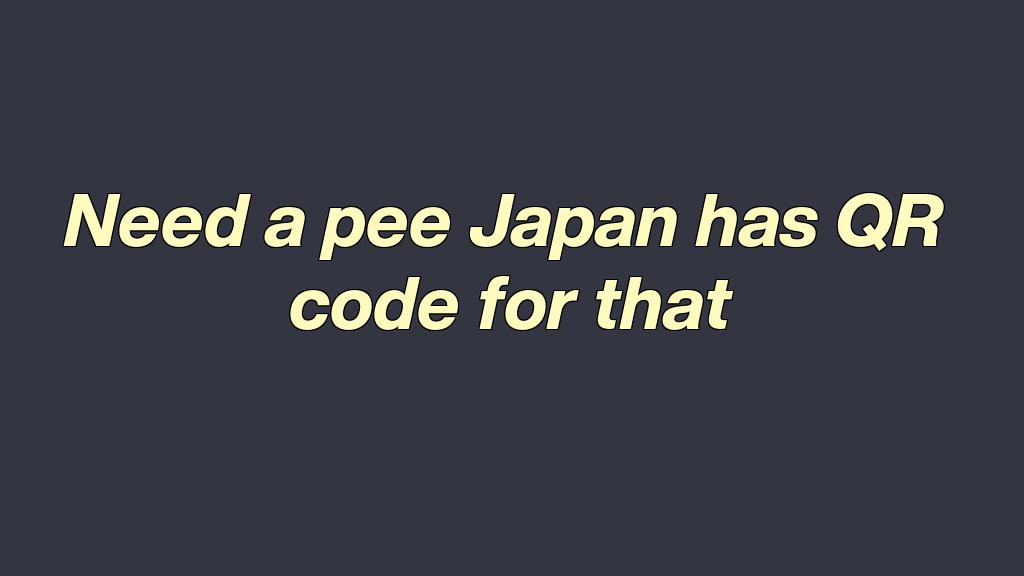TOKYO, Japan — Japanese toilet giant TOTO has launched a service allowing those caught short in public to locate the nearest washrooms and see how busy they are real-time with a phone and QR code.
Japan, like other countries, struggles with managing long queues outside public toilets, particularly for women, in its teeming train stations and other places.
The system launched this month by TOTO — famous for its water-spraying, musical toilets — links consumers up with existing internet-connected facility management systems.
This was developed to automatically notify facility staff if a particular cubicle is dirty or occupied for an unusually long time.
Now users can scan a QR code with their phones to access a website showing restroom locations and live congestion levels.
"In addition, a QR code inside a restroom stall brings you to a website where a user can report problems, like being unable to flush or something broken," TOTO spokesman Tasuku Miyazaki told Agence France-Presse on Thursday.
The service is multi-lingual and available in English, Chinese and Korean.
The government is also trying to relieve the problem of long queues for women, with the transport ministry seeking extra funds in the budget for the coming fiscal next year.
Need a pee? Japan has QR code for that

These will be used to set up digital signage displays and movable toilet walls that can increase the number of stalls for women, according to local media., This news data comes from:http://yamato-syokunin.com
- Summer brings overtourism fears for 'Bavarian Caribbean'
- Unnamed skeletons? US museum at center of ethical debate
- Lacson seeks probe of 2 PH contractors' board members for conflict of interest
- India to develop fighter jet engines with French company
- Argentine police recover Nazi-looted painting spotted in property ad
- Prince Harry to visit UK on anniversary of queen's death
- Denmark summons US envoy over 'attempts to influence' Greenland
- Group presses DA on delayed fertilizer subsidies
- Legarda pushes Magna Carta of Waste Workers
- PCG seeks to expand drone use to maritime patrols, law enforcement